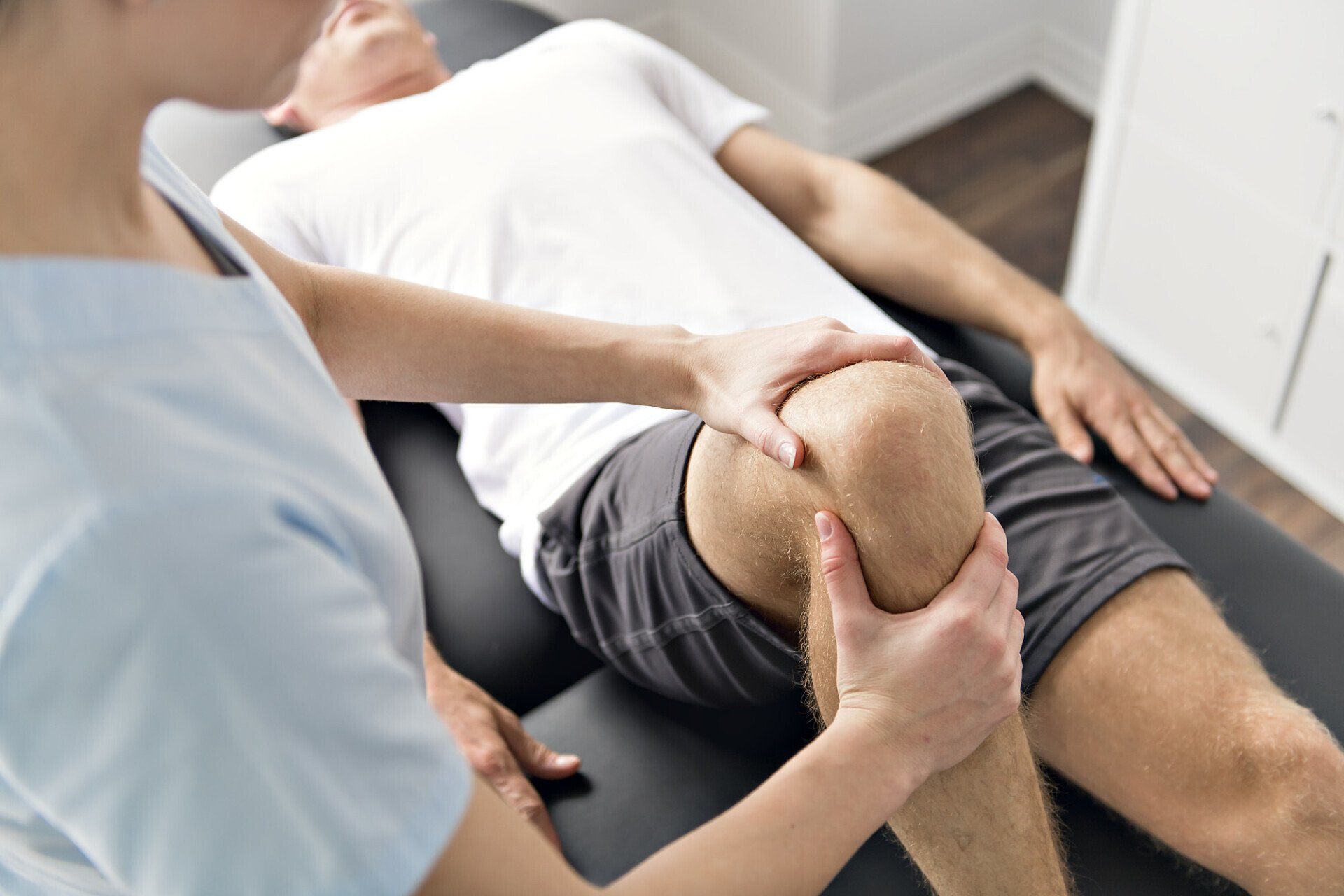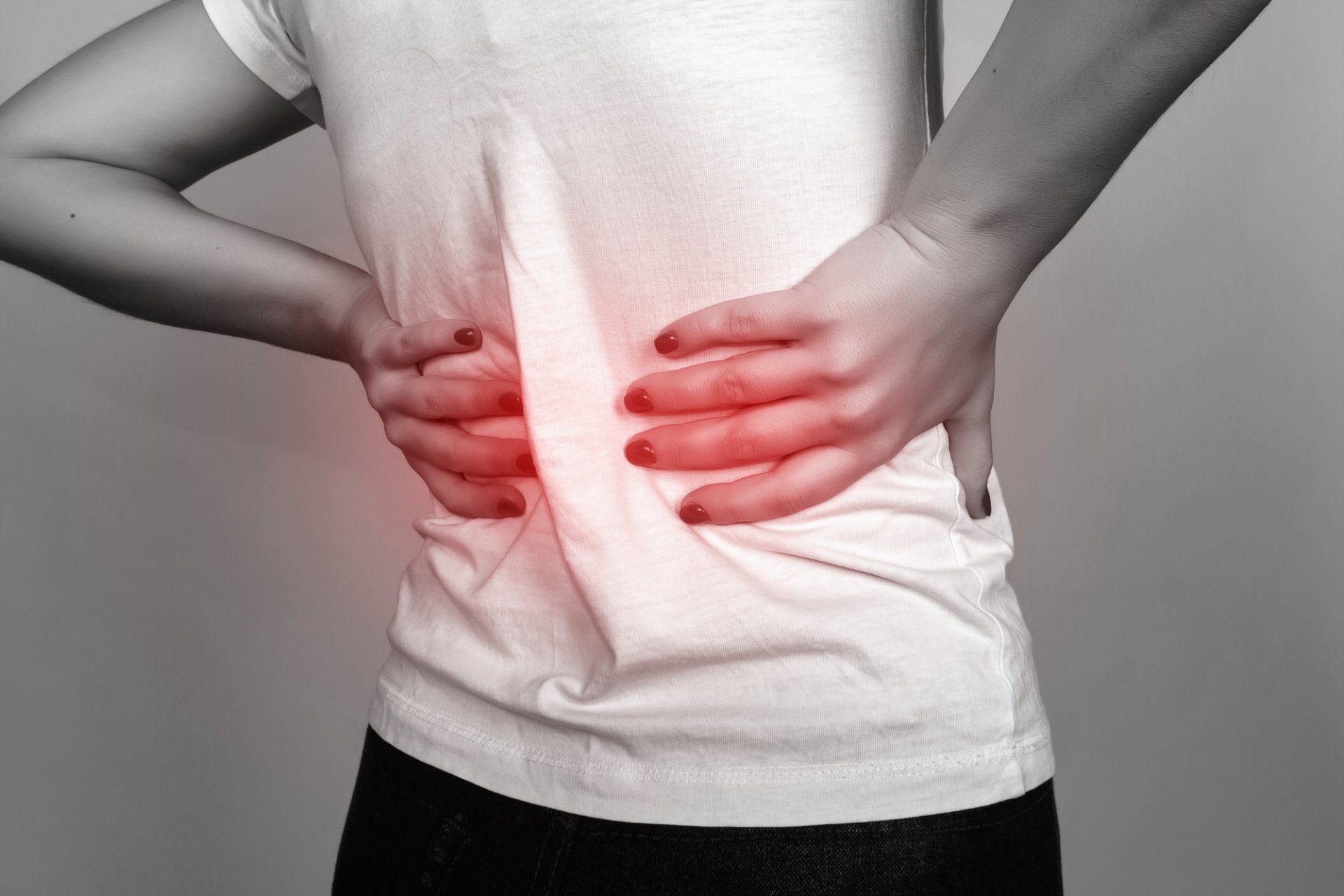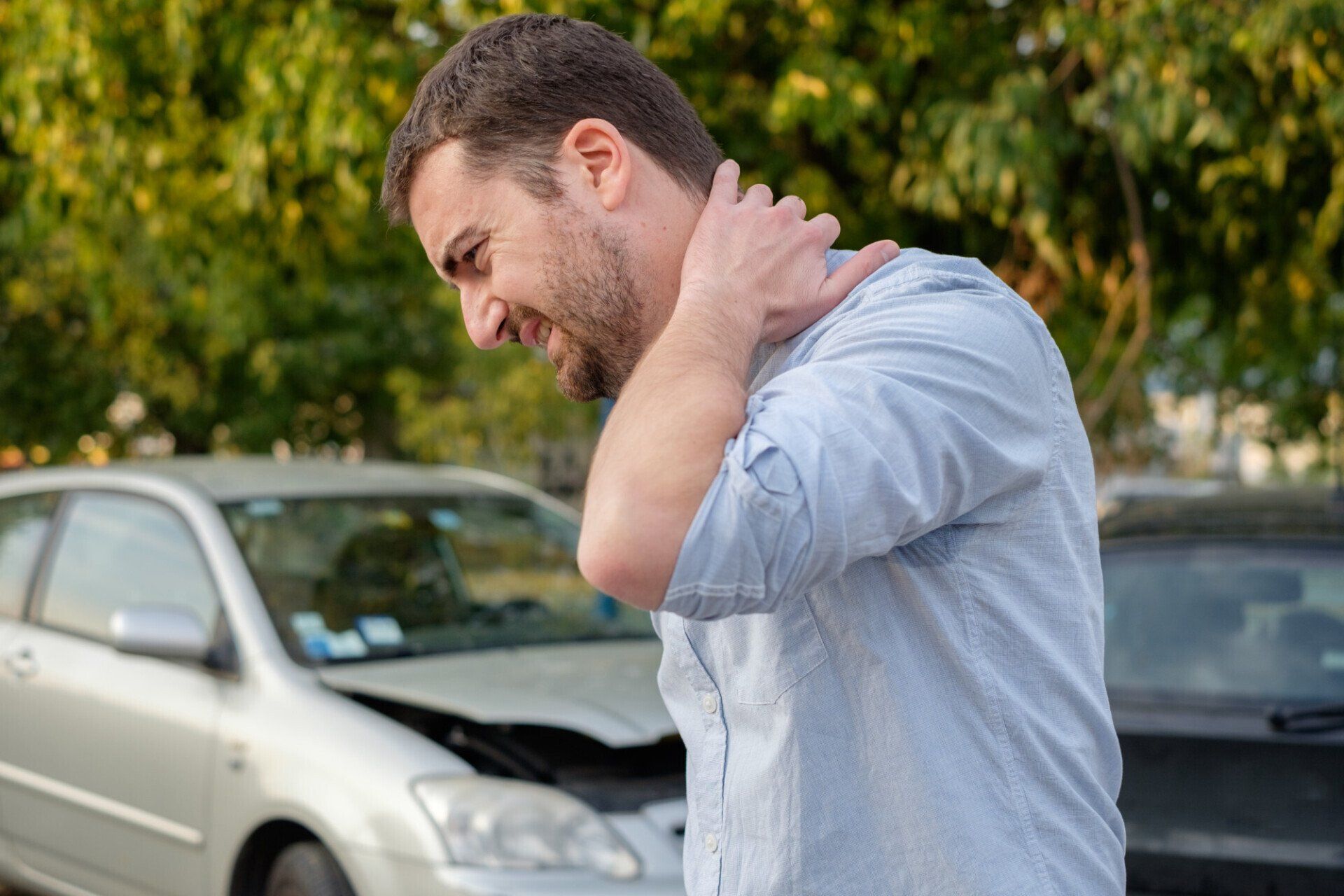How to Deal with Back Pain
Common Causes of Chronic Back Pain
Chronic back pain is usually related to age, but it can also be caused by previous injuries. The most common causes are:
- Spinal arthritis: a progressive thinning of the cartilage within the spine.
- Disc problems: such as protruding or herniated discs.
- Spinal stenosis: a narrowing of the spinal canal that can lead to nerve pain.
- Myofascial pain disorder: inexplicable muscle pain and tenderness.
If the source of your pain is unknown or cannot be treated, the best option is to work with your doctor to reduce flares and make the pain manageable through non-surgical treatments.
Non-Surgical Treatments of Chronic Back Pain
1. Physical Therapy
Exercise is the basis for the treatment of chronic back pain. This is one of the first treatments that you should try with the guidance of a spinal physiotherapist and physician. However, the same set of exercises does not apply to everyone. Exercises must be tailored to your specific condition and symptoms. Maintaining a daily exercise routine at home is also an important part of success.
Physical therapy for chronic back pain can include:
- Aerobic exercise
- Core strengthening
- Retraining your posture
- Stretching and flexibility exercises
- Testing pain tolerance limits
2. Lifestyle Modifications
When you suffer from chronic pain, it is important to accept your limitations and adapt. Listen to your body and learn to discipline yourself. Take a break while mowing the lawn, or take a few trips while carrying groceries. Notice the activities that aggravate the pain and avoid them if possible. This not only helps to improve your backache but can also prevent the progression of the underlying condition. Another important lifestyle change to try is quitting smoking. Scientifically, nicotine is known to increase pain and delay healing.
3. Mindfulness and Meditation
Chronic back pain leads to physical and emotional stress. To manage frustration, depression, irritability, and other psychological aspects of treating chronic pain, you should visit a rehabilitative psychiatrist - if necessary. This specialist can recommend yoga, meditation, tai chi, and other relaxation and cognitive strategies to prevent your mind from focusing on pain.
4. Alternative Therapies
Massage, acupuncture, laser therapy, biofeedback therapy, electrical nerve stimulation, and other non-surgical spinal treatments can also make a difference in chronic back pain. Ask your spine specialist about alternative treatments that might benefit you.
5. Pharmacological Treatments
Pain relievers, muscle relaxants, anti-inflammatory drugs, and other medications can be used to control chronic back pain. However, most have unwanted side effects and are not intended for long-term use.
The Takeaway
Lower back pain might be a debilitating and chronic condition. Daily small activities can either help or worsen your symptoms. By taking steps to "stretch, strengthen, and protect the back", you can ideally prevent or relieve pain.
However, severe cases of back pain cannot always be resolved with lifestyle changes. If your back pain is hindering your ability to perform routine activities, visit your doctor.
Recent Articles

Blogs and Articles












